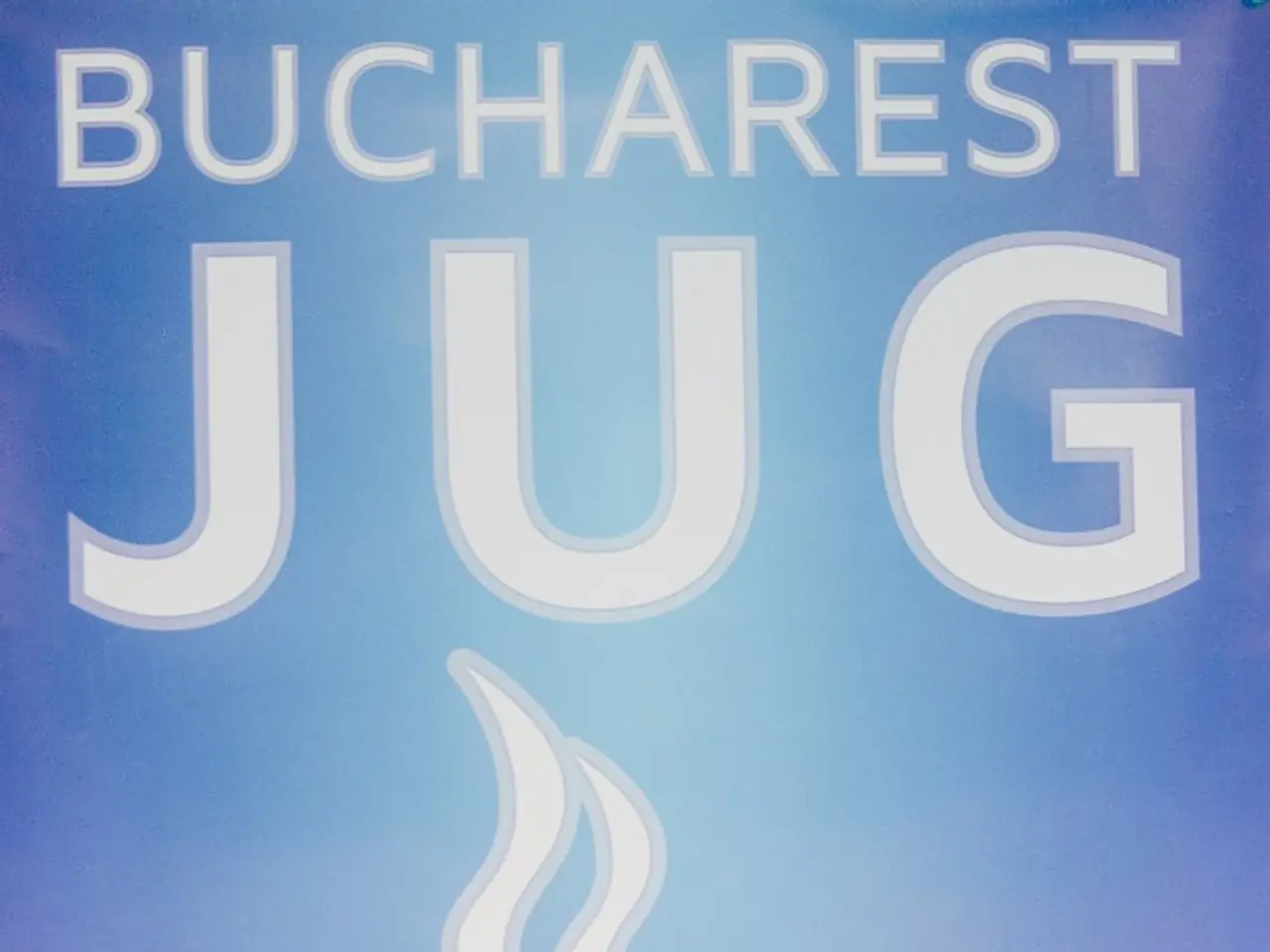Investing over €400 billion in chemical recycling is necessary in Europe to rival the production of virgin plastics – the question remains: who will take the lead?
In a groundbreaking report published in May 2025, global consultancy Bain & Company outlines key strategies for plastics producers aiming to lead the way in chemical recycling, specifically focusing on polyolefins such as polyethylene and polypropylene. To achieve cost parity with virgin plastics and become leaders in this emerging sector, producers should focus on scaling up chemical recycling capacity, optimising costs across the value chain, investing in innovative recycling technologies, strategically locating operations, prioritising sustainability, and fostering collaborative partnerships.
The report emphasises the need for significant expansion in recycling infrastructure and operations, as approximately 650 million metric tons of polyolefins need to be chemically recycled worldwide to reach cost parity with virgin material production. Efficient cost management, including feedstock sourcing, process optimisation, and operational efficiencies, is critical to compete with the economics of virgin plastics.
Producers should also adopt or collaborate on advanced methods for breaking down plastic waste into reusable monomers, which can be re-polymerised into high-quality recycled plastics. Such innovations enhance sustainability while potentially reducing costs. Smart siting of recycling facilities to leverage local feedstock availability, energy costs, and regulatory incentives can improve competitiveness.
Aligning recycling initiatives with green goals and circular economy principles strengthens market positioning and supports regulatory compliance. Engaging in joint ventures, technology alliances, and supply chain collaborations can accelerate the development and deployment of effective chemical recycling solutions.
Bain's analysis suggests that despite the promise, polyolefin chemical recycling will take about 20 to 30 years to become as cost-effective as virgin plastics, making early and sustained commitment vital for plastics producers seeking leadership in this space.
Policy could also play a significant role in closing the supply-demand gap in the chemical recycling industry. Plastics producers can become chemical recycling leaders by proactively co-creating offtake opportunities in close collaboration with value chain partners.
Since its founding in 1973, Bain & Company has measured its success by the success of its clients. The consultancy has a 10-year commitment to invest more than $1 billion in pro bono services. In recognition of its commitment to sustainability, Bain & Company earned a platinum rating from EcoVadis, the leading platform for environmental, social, and ethical performance ratings for global supply chains.
Reframing public dialogue and perception around the role of plastics is important, highlighting both the performance benefits and the sustainability potential of plastics when managed responsibly. European plastic companies could start small and gradually increase recycled material blending requirements, potentially unlocking over 15% share of the plastics market by 2040.
The industry could transition from a subsidy-reliant push to a demand-driven pull once scale reaches critical mass. Leading companies should actively engage with regulators on policy levers that are critical to their businesses. Producers must be willing to be flexible and rewrite their playbooks to lead in this transformative sector.
- The report from Bain & Company, published in May 2025, suggests that the environmental-science community should focus on innovating recycling technologies and optimizing costs to compete with virgin plastics in the plastics industry.
- In order to achieve cost parity with virgin plastics, polyolefin producers should consider investing in advanced methods for breaking down plastic waste into reusable monomers, as this can potentially reduce costs and enhance sustainability.
- To become leaders in chemical recycling, it's crucial for companies to strategically locate operations, prioritizing regions with local feedstock availability, lower energy costs, and regulatory incentives.
- Engagement in joint ventures, technology alliances, and supply chain collaborations can help foster the development and deployment of effective chemical recycling solutions, while also addressing regulatory compliance and supporting the circular economy.




